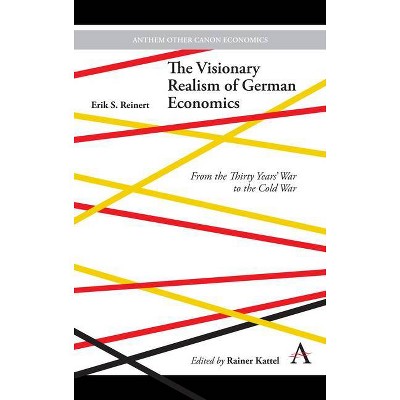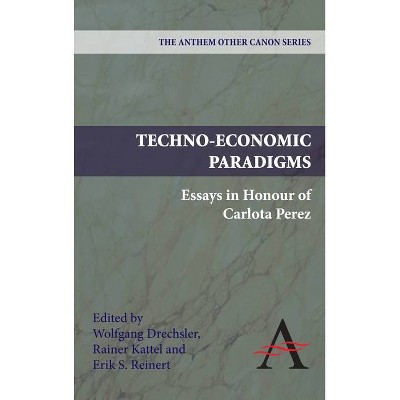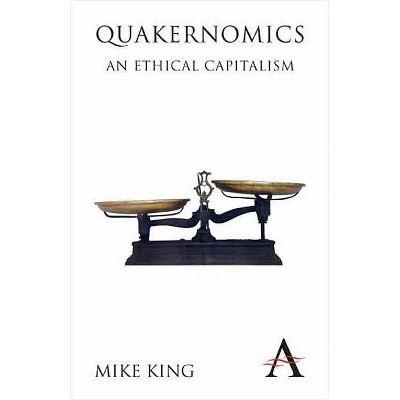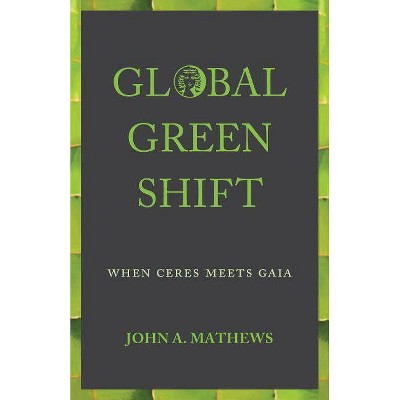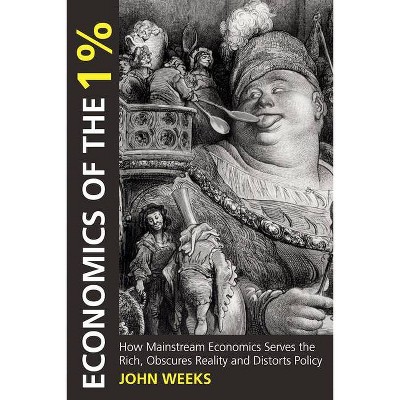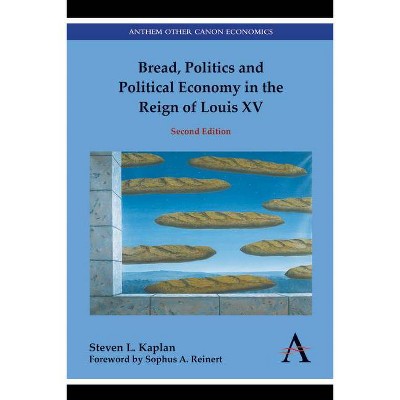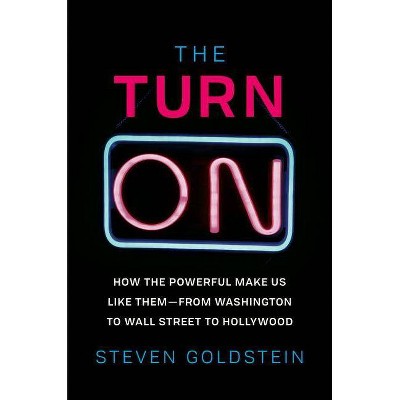The Economic Turn - (Anthem Other Canon Economics) by Steven Kaplan & Sophus Reinert (Hardcover)
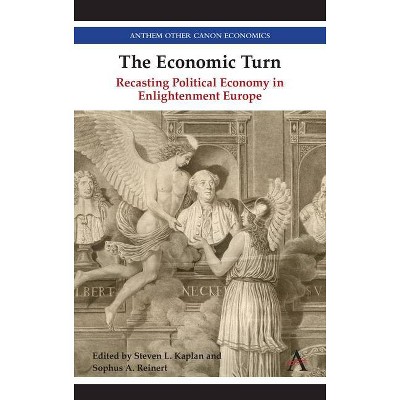
Similar Products
Products of same category from the store
AllProduct info
<p/><br></br><p><b> About the Book </b></p></br></br><p>'The Economic Turn' brings together many of the world's leading historians of early political economy to recast the very origins of the discipline in light of the Europe-wide critical reaction to the school of Enlightenment economic thought known as Physiocracy.</p><p/><br></br><p><b> Book Synopsis </b></p></br></br><p>The mid-eighteenth century witnessed what might be dubbed an 'economic turn' that resolutely changed the trajectory of world history. From the birth of new agricultural practices and the foundation of private societies to the sustained and popular theorization of social and material phenomena, the period experienced an unprecedented interest in 'economic' concerns across a wide spectrum of human activities and social strata alike. </p> <p>The discipline of economics itself emerged amidst this turn, and it is frequently traced back to the work of François Quesnay and his school of Physiocracy (literally the 'Rule of Nature'). The school or, as it was called at the time, sect of économistes spearheaded a theoretically sophisticated form of economic analysis that postulated the virtues of laissez-faire and the unique ability of agriculture to generate wealth. Though lionized by the subsequent historiography of economics, the theoretical postulates and policy consequences of Physiocracy were disastrous at the time, resulting in veritable subsistence trauma in France. This galvanized relentless and diverse critiques of the doctrine not only in France but also throughout the European world that have, hitherto, been largely neglected by scholars. </p> <p>Though Physiocracy was an integral part of the economic turn, it was rapidly overcome both theoretically and practically, with durable and important consequences for the history of political economy. 'The Economic Turn' brings together some of the leading historians of that moment to fundamentally recast our understanding of the origins and diverse natures of political economy in the Enlightenment.</p><p/><br></br><p><b> Review Quotes </b></p></br></br><br><p>A major contribution to the history of political economy. Its twenty-one full-size chapters provide an insight into some of the most notable work done in the last decades in the field, but also develop and engage with a thesis of its own. -- Koen Stapelbroek, Erasmus University Rotterdam and University of Helsinki, Journal of Modern History (2020)</p><br><p/><br></br><p><b> About the Author </b></p></br></br><p>Steven L. Kaplan is the Goldwin Smith Professor of European History Emeritus at Cornell University, USA. His books include Bread, Politics and Political Economy (1976/2015), Farewell Revolution (1995), Le Pain maudit (2008) and Raisonner sur les blés (2017). </p> <p>Sophus A. Reinert is the Marvin Bower Associate Professor at Harvard Business School, USA. His books include Translating Empire (2011) and The Academy of Fisticuffs (2018).</p>
Price History
Cheapest price in the interval: 299.95 on November 8, 2021
Most expensive price in the interval: 299.95 on December 20, 2021
Price Archive shows prices from various stores, lets you see history and find the cheapest. There is no actual sale on the website. For all support, inquiry and suggestion messages communication@pricearchive.us
